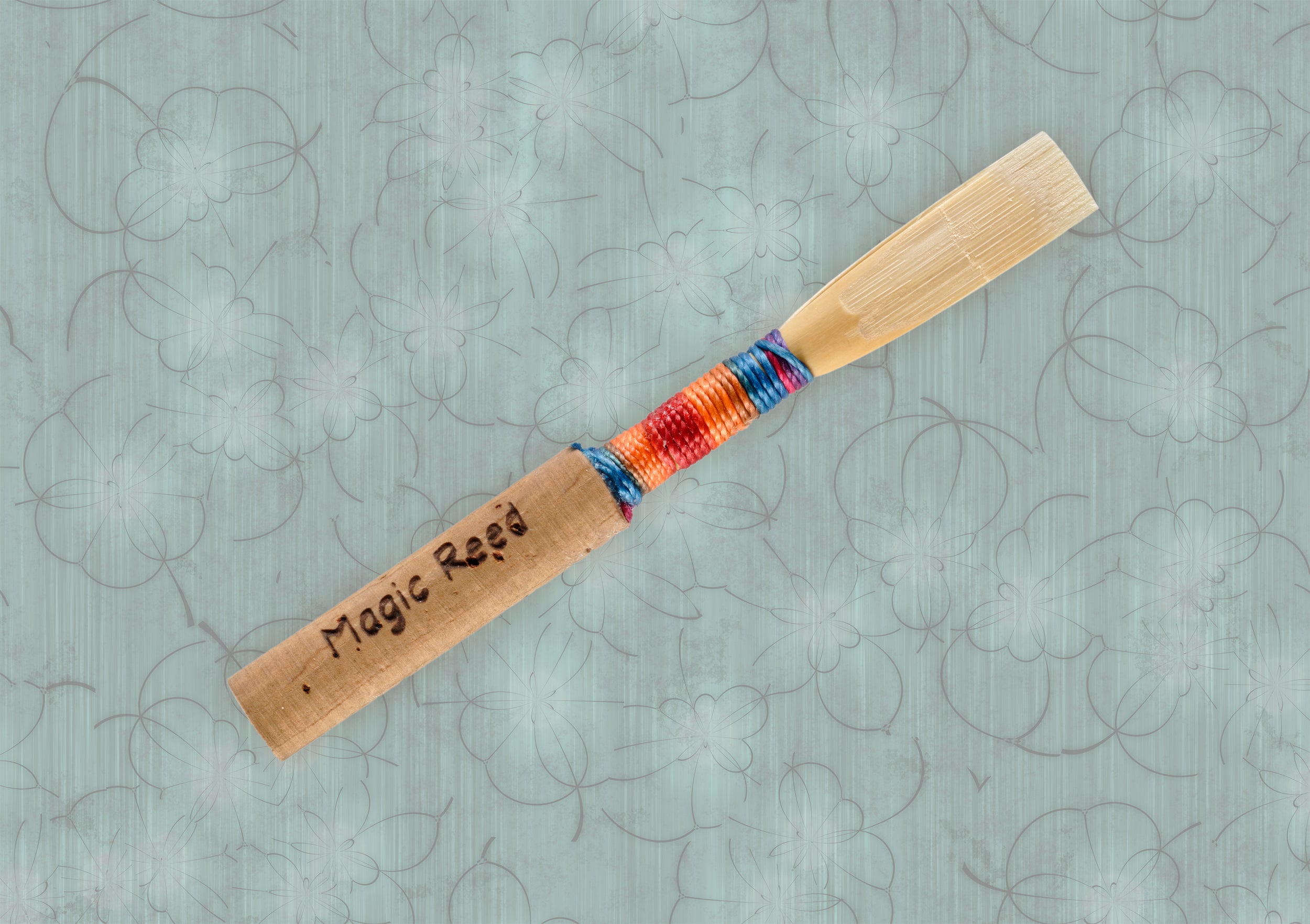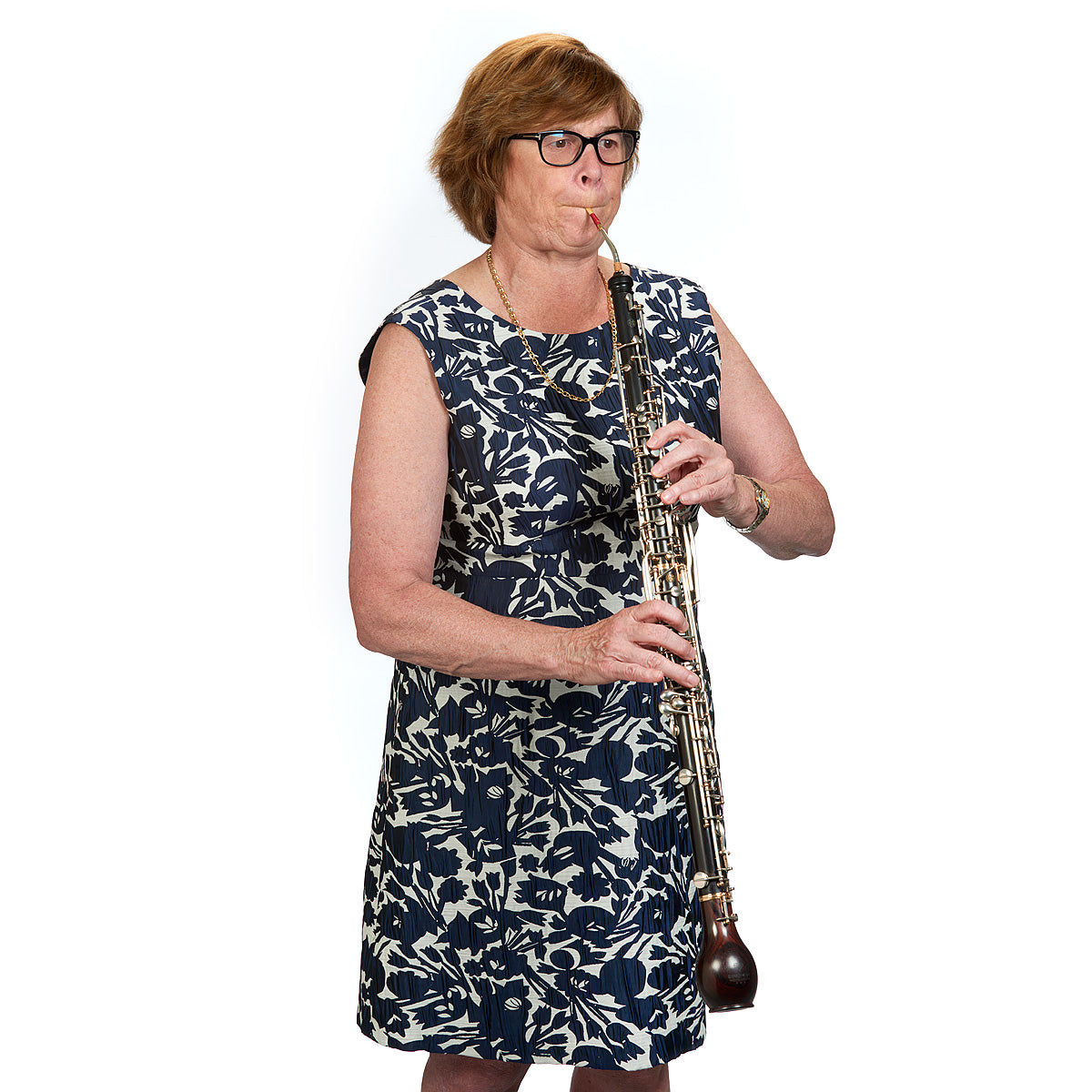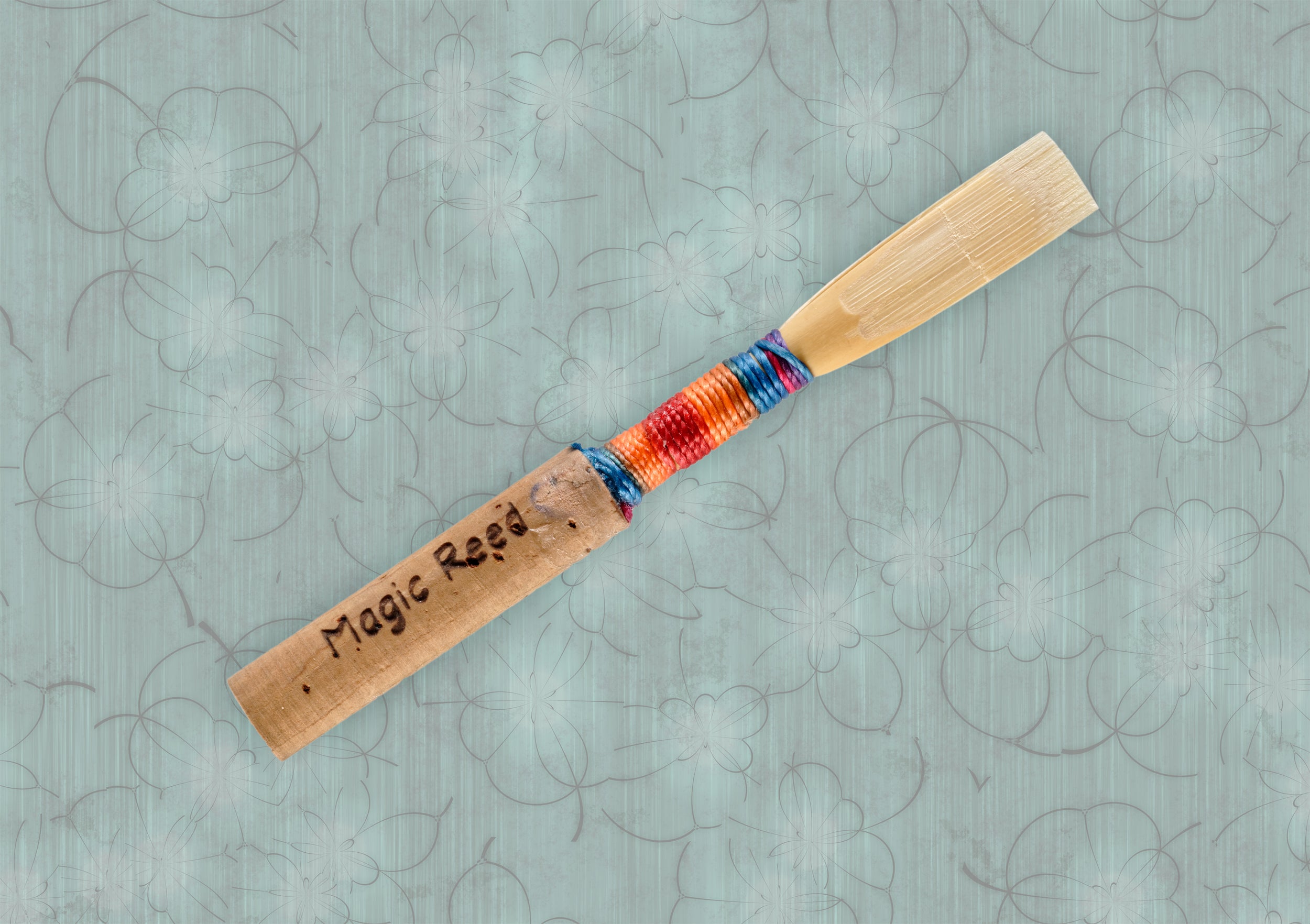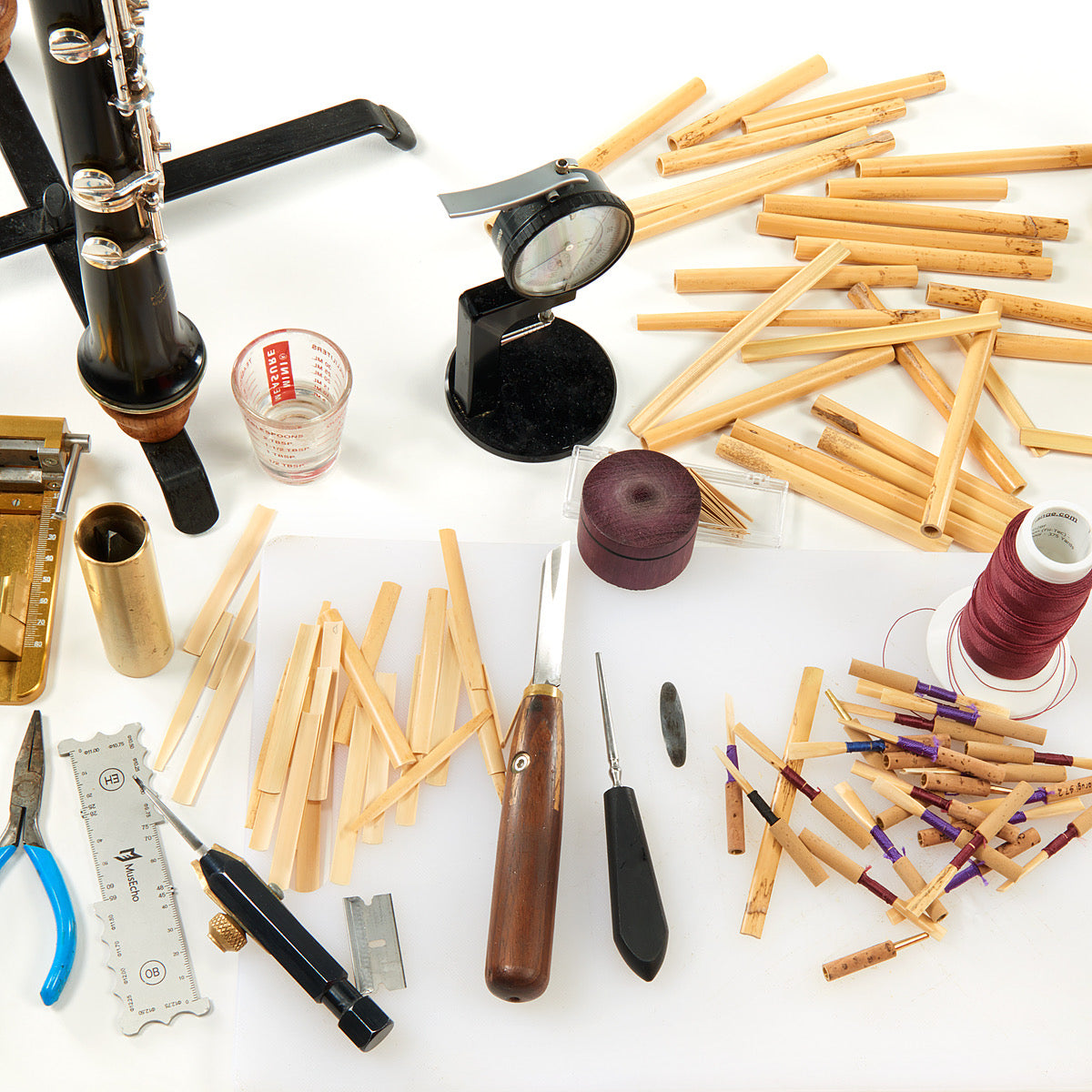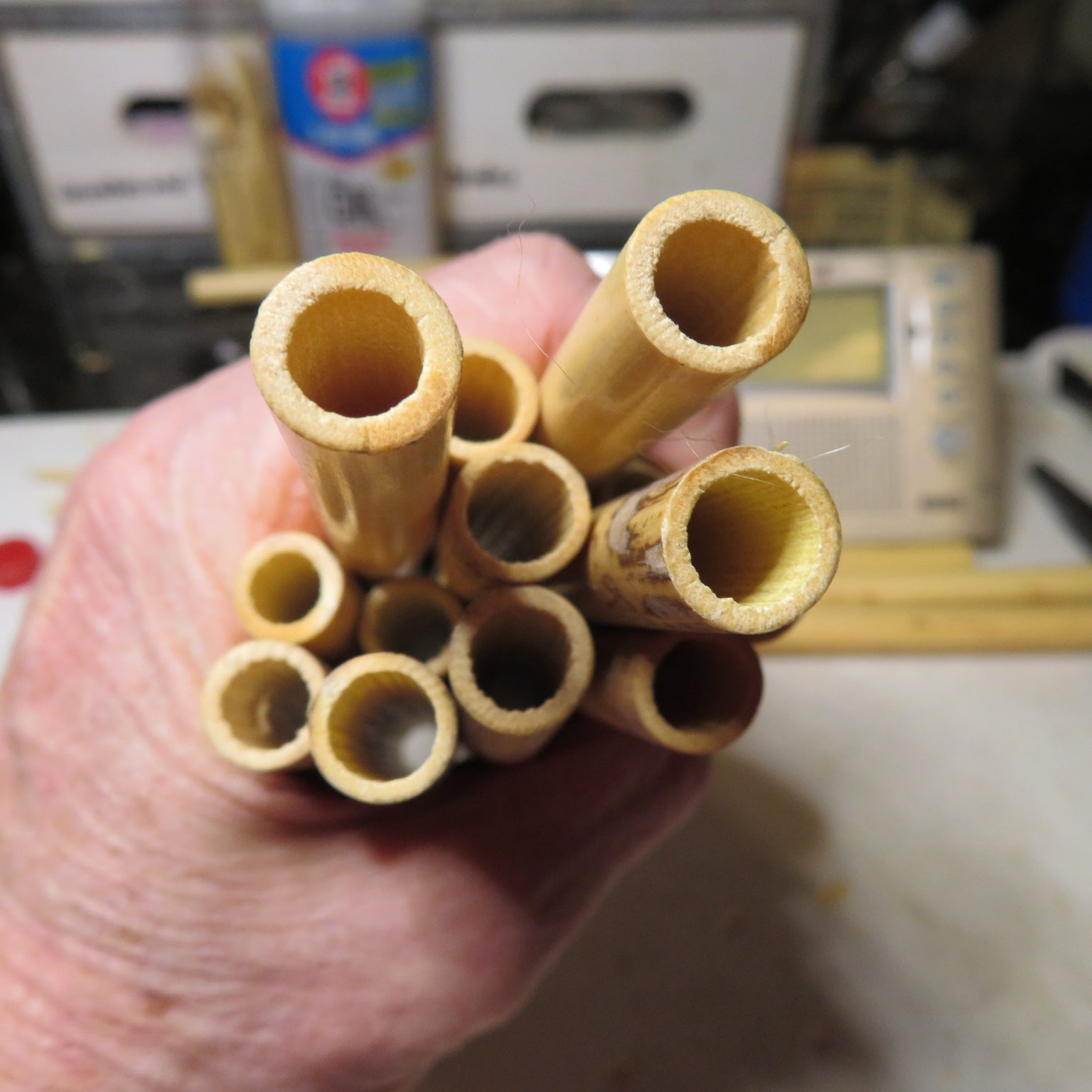
Play Better Oboe By Singing
-

-
 by Kathy Sheinhouse
by Kathy Sheinhouse
Play Better Oboe Through Song
Why Singing Helps Oboists Play Better
-
Production on the oboe is very similar to the voice. Learning to sing, with support, windspeed and vibrato will help every aspect of your oboe playing. You will learn how to manipulate your throat and how to throw your air. Further, you can practice almost any time and anywhere.
-
Singing was instrumental in my discovery of vibrato. It was slow in coming for me, and was not emphasized in my pre-conservatory studies. I started with a terrible voice, and had a hard time getting to the right notes. After some concerted effort over time, I can now say that I like my voice, I have established a good vibrato, have better relative pitch, and am not embarrassed to sing in lessons. Sing in your choir (especially if your school doesn't have a band or you are not ready for the one that exists). If you don't have time for a choir, sing your favorite songs, with and without recordings; with your friends, or alone.
-
Oboists need to produce their music on pitch, and there are things they need to do to ensure this happens. Singing can help to develop a better relative pitch because the the singer needs to anticipate the pitch before producing it. While oboists need to do the same, the margin for error is greater for a singer, and is therefore a more demanding and effective exercise for the development of relative pitch.
-
Sing, sing sing- in school and church choirs, with your friends, alone and in your lessons. You will be surprised how important it will be to your long term result.
Singing Helps Players Develop A Good Musical Ear
Musicians ask their audience to listen. Making music is an awesome experience and responsibility. You are communicating powerful ideas and emotions without words. One teacher of mine said that "if you want the audience to really listen, you have to make each note very interesting-both alone and in combination with others". Listening in particular ways stretches our ability to be interesting, and to pick up musical nuances, styles, and interpretations that can be transferred that into our own playing.
Listen to music, all kinds of music. Listen to what tickles your ear. Listen to what soothes you, and what makes you feel nervous or excited. To the extent your training allows you, dig deeper into your analysis. What about tone? What about dynamics? What about inflection? What about vibrato? What about the composition of the group? What about the musical genre? This is fundamental ear training.
Oboe Playing requires a great reed to get the results you want. If your oboe reed is not meeting your needs, try ours for for your best result.


